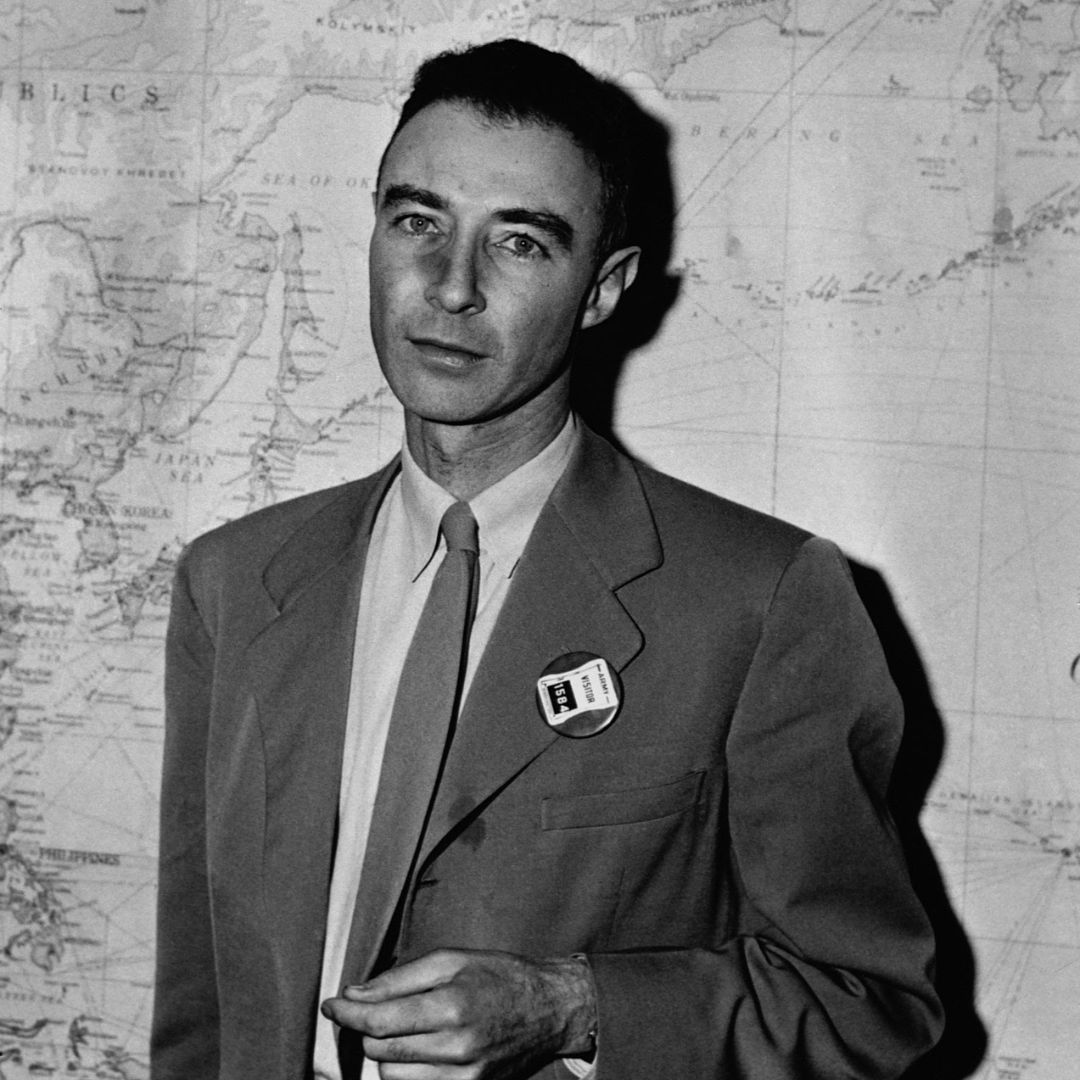J. Robert Oppenheimer: A Brilliant Mind Shaping Science, History, and Ethical Reflection

Early Life and Education
Born into affluence on April 22, 1904, in New York City, Oppenheimer's early proclivity for both literature and science set him on a remarkable trajectory. His academic journey began at Harvard University in 1922, where he engaged in a diverse array of subjects, ranging from chemistry to literature and philosophy. Graduating with a Bachelor of Science degree in 1925, he then pursued a Ph.D. in theoretical physics at the University of Göttingen in Germany.
Scientific Career
Collaborating with luminaries such as Max Born and Niels Bohr, Oppenheimer left an indelible mark on quantum mechanics and quantum field theory. His brilliance earned him a professorship at the University of California, Berkeley, where he made significant strides in the realm of quantum electrodynamics, positioning himself at the forefront of theoretical physics.
World War II and the Manhattan Project
The trajectory of Oppenheimer's life took an extraordinary turn during World War II when he joined the Manhattan Project in 1942. Tasked with developing the atomic bomb, he helmed the Los Alamos Laboratory, where scientific ingenuity intersected with wartime urgency. His leadership and contributions played a pivotal role in the successful creation of the world's first atomic bomb.
Famous Speech: "I am become Death, the destroyer of worlds"
Among the many notable aspects of Oppenheimer's life, one of the most haunting and contemplative moments occurred after the successful Trinity nuclear test in 1945. Quoting from the Bhagavad Gita, he famously remarked, "Now I am become Death, the destroyer of worlds." This profound statement captured the immense weight of his contributions to science and the ethical questions surrounding the use of atomic power as a destructive force.
World War II and the Manhattan Project
The trajectory of Oppenheimer's life took an extraordinary turn during World War II when he joined the Manhattan Project in 1942. Tasked with developing the atomic bomb, he helmed the Los Alamos Laboratory, where scientific ingenuity intersected with wartime urgency. His leadership and contributions played a pivotal role in the successful creation of the world's first atomic bomb.
Famous Speech: "I am become Death, the destroyer of worlds"
Among the many notable aspects of Oppenheimer's life, one of the most haunting and contemplative moments occurred after the successful Trinity nuclear test in 1945. Quoting from the Bhagavad Gita, he famously remarked, "Now I am become Death, the destroyer of worlds." This profound statement captured the immense weight of his contributions to science and the ethical questions surrounding the use of atomic power as a destructive force.
As the war came to an end, Oppenheimer bore witness to the devastating bombings of Hiroshima and Nagasaki in 1945. These events deepened his conviction for arms control and international collaboration, highlighting the ethical responsibilities of scientists in the face of their creations. However, his leftist associations during this politically charged era also subjected him to scrutiny and investigations during the Red Scare.
Later Years and Legacy
As Oppenheimer navigated the complexities of his public image and political pressures, his legacy as both a scientific luminary and a symbol of ethical inquiry solidified. His complex personality, blending scientific brilliance with philosophical introspection, became emblematic of the multifaceted nature of human genius. Beyond his atomic contributions, he continued to make strides in theoretical physics and was elected chairman of the General Advisory Committee of the United States Atomic Energy Commission.
Conclusion
J. Robert Oppenheimer's life serves as a mosaic of scientific brilliance, moral introspection, and historical significance. His iconic quote from the Bhagavad Gita resonates as a reminder of the profound implications of scientific discovery and the ethical dilemmas it poses. His contributions and complex legacy continue to inspire discussions about the interplay between science, history, and the moral compass of humanity.



Comments
Post a Comment